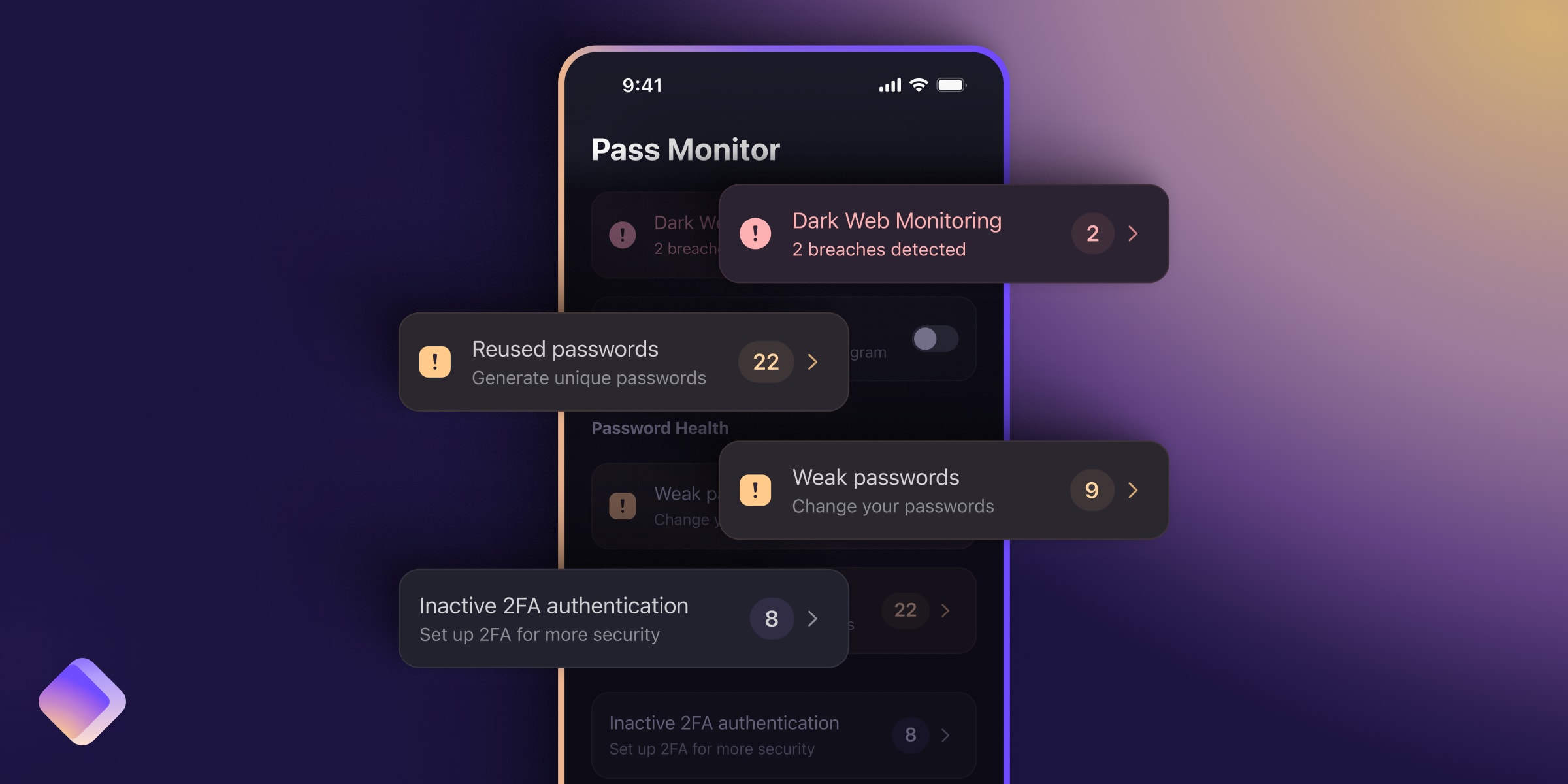The Proton community is the foundation upon which Proton has been built. To put it simply, without you, there could be no Proton. You contributed to our very creation with a record-setting crowdfunding campaign that raised over $500,000. By working together over the years, the Proton community is driving the online privacy and freedom movement that is changing the world.
So when you talk, we listen. Over the past year, we received feedback from members of the Proton community regarding the Proton newsletter. After taking it all into account, we’ve decided to update our newsletter format to better meet your needs.
What we wanted to solve
The first problem with the old newsletter format is that it didn’t scale well. It was fine when the newsletter just covered Proton Mail, and then just Proton Mail and Proton VPN. However, with the introduction of more and more Proton services, not all updates are equally relevant to everyone. After all, not everybody who uses Proton VPN is interested in updates on Proton Drive. We’re also not done building services that help keep your personal information safe, so the number of Proton services will continue to increase with time.
The second issue, which many of you highlighted, is that there is no truly authoritative source for privacy news. Some organizations occasionally cover privacy stories, but no news source highlights which stories you should be paying attention to. Our old newsletter focused primarily on product updates, and while they’re important, we also want to highlight some of the critical developments which impact online freedom around the world.
Our solution
Our solution is to split the newsletter. Going forward, we’ll have product-specific newsletters for each Proton service that cover new features and updates. You can subscribe or unsubscribe from them at any time, and you’ll only learn about updates for the Proton services that you actually use. For example, if you’ve never used Proton VPN, you won’t get emails about it. If you are interested in this news, you can always manually subscribe. We explain how later on.
In addition to the product update newsletters, there will also be a single Proton newsletter covering the following topics:
- Highlight important developments in online privacy and freedom from around the world that are worth paying attention to
- Share Proton’s opinion and analysis on various online privacy and freedom topics
- Explain what Proton as an organization has been doing (apart from building privacy services)
- List the most important updates from the various services in the Proton ecosystem
If our emails aren’t providing you value, you can manage which Proton emails and newsletters you receive by logging into any Proton web app, clicking Settings → All settings → Dashboard, and scrolling down to the Email subscriptions section.
We exist to serve the Proton community
If you like (or dislike) the new newsletter format or have suggestions on how we can make it better, we want to hear from you. You can weigh in on the new newsletter format on Reddit at the dedicated thread on r/ProtonMail(new window).
We’ll continue iterating and improving the newsletter based on your feedback until we get it just right.
We’re proud to serve the Proton community. Your support has enabled us to fight for online privacy and freedom worldwide. Thank you for being leaders on one of the most important issues facing us today. We’re excited to follow your lead.














